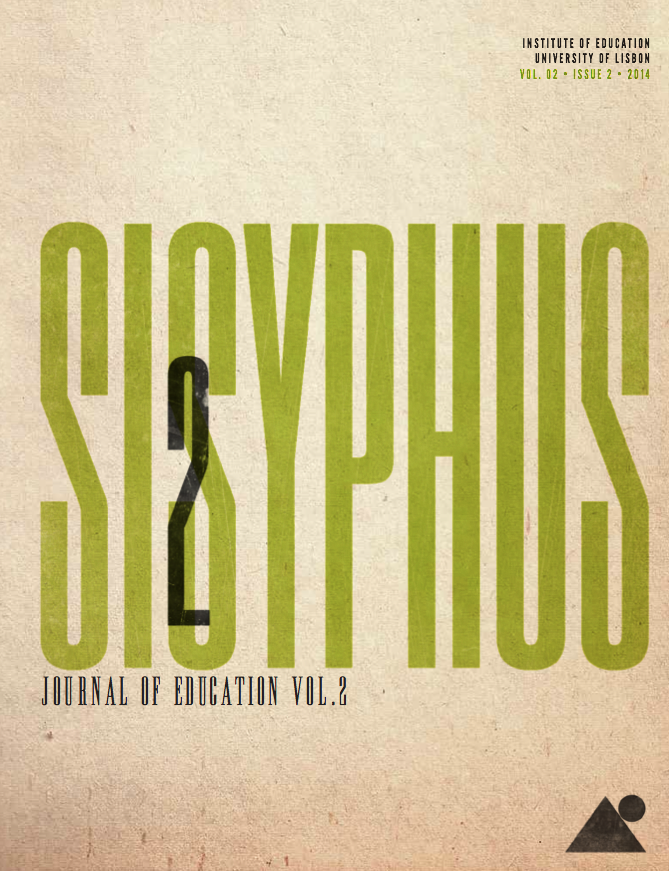Inquiry-Based Science Education and Special Needs – Teachers’ Reflections on an Inclusive Setting
DOI:
https://doi.org/10.25749/sis.4069Palavras-chave:
Special education, Inquiry-based learning, Inclusion, Reflection, Case studyResumo
Many countries in the world signed and ratified the UN Convention on the Rights of Persons with Disabilities (2006) in order to ensure inclusive education at all levels. Nevertheless, dealing with differences in the classroom is seen as one of the biggest challenges teachers – also science teachers – face at the moment. Additionally, there is a lack of research in science education how to foster students appropriately in regard to their diverse pre-conditions. Research studies often recommend carefully scaffolded inquiry-based teaching approaches. This article is divided in two parts. The first part attempts to sum up what is known about the inclusion of students with special needs in science classes teaching them inquiry-based. The second part introduces a case study which investigates an open inquiry-based learning environment in an inclusive middle school. The learning environment is videotaped and reflected with the teachers. Ideas for change are developed. Conclusions are drawn for the facilitated competence gain for students with and without special needs.
Downloads
Downloads
Publicado
Edição
Secção
Licença
O Copyright (c) pertence à Sisyphus – Journal of Education. No entanto, encorajamos que os artigos publicados na revista sejam publicados noutros lugares, desde que seja solicitada a autorização da Sisyphus e os autores integrem a nossa citação de fonte original e um link para o nosso site.
Política de auto-arquivo
É permitido aos autores o auto-arquivo da versão final publicada dos seus artigos em repositórios institucionais, temáticos ou páginas web pessoais e institucionais.
Subscritor DORA
O Instituto de Educação da Universidade de Lisboa, editor da Sisyphus, é um dos subscritores da Declaração de São Francisco sobre Avaliação da Investigação (DORA).





